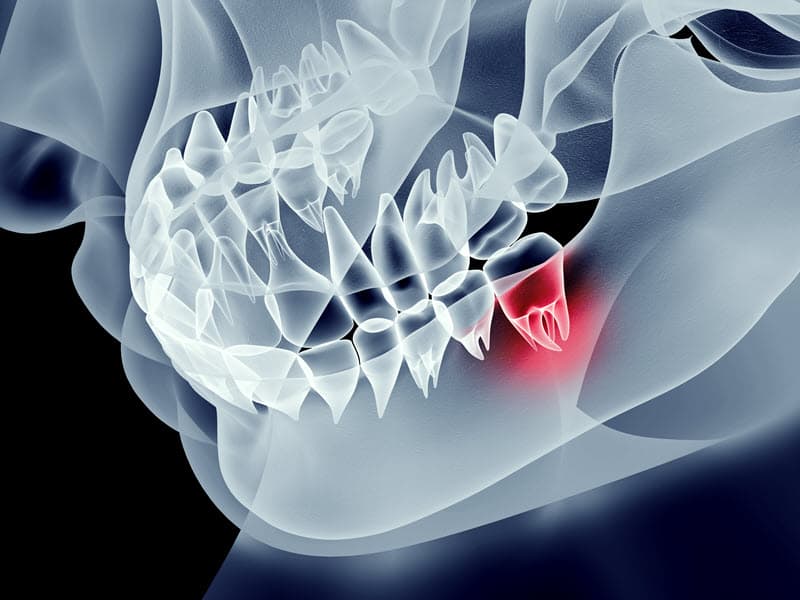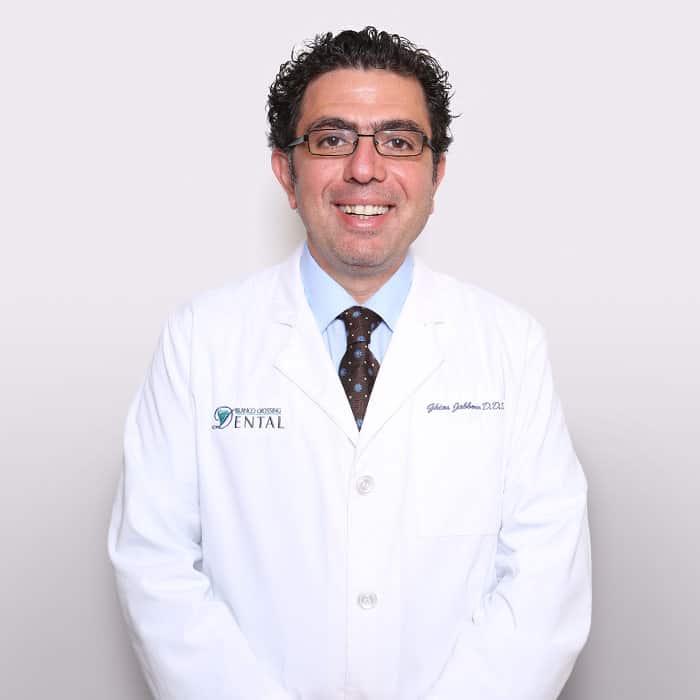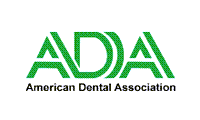Do You Need to Get One or More Teeth Extracted?
There are some reasons why extractions are sometimes needed in order to keep your mouth – and the rest of your teeth – as healthy as possible. Some of the reasons for pulling out teeth are:
- When your tooth is badly damaged
- To avoid tooth decay
- Due to issues with infections and crowding
- A dental emergency (like a large blow or impact) has damaged your tooth beyond repair
Dr. Jabbour may recommend a dental extraction if the tooth can’t be saved in order to alleviate pain and to avoid the risk of infection – especially if your immune system is compromised. We have emergency dental care services and can usually see you the same day – call our dental office for details on an emergency dentist visit.
Don't Wait! Get an Exam Today.
A severely infected or damaged tooth is very unlikely to get better on its own. The longer that you wait, the worse the problem can get, and the more likely it is you will need to get your tooth pulled.
If identified and treated early enough, it is possible that the tooth can be saved with a procedure like a root canal.
Waiting too long to address the problem can result in many serious problems – including infection of surrounding teeth and even bone loss.
Tooth Extraction Process
Health History
As part of the process, Dr. Jabbour will need to know your health history prior to tooth extraction. You’ll complete a form that will outline your medical history. Some examples of conditions that he will need to be made aware of include (but aren’t limited to):
- Diabetes
- Congenital Heart Defect
- Thyroid Disease
- Damaged Heart Valves
- Liver Disease
- Hypertension
- Renal Disease
- Artificial Joint
- Adrenal disease
Dental Exam Prior to Tooth Extractions
After completing the necessary paperwork, you’ll be taken to an exam room. Dr. Jabbour will conduct an exam and take one or more x-rays to identify the problem and to see if your tooth can be preserved. It is best to detect the issues early on so that you can expect better outcomes.
Even though the extraction is very safe, some harmful bacteria can enter the bloodstream and risk infection. So be sure to inform Dr. Jabbour about any and all medications and treatments you’ve been taking.
Extraction Preparation
Extraction procedures can either be simple or surgical depending on the severity of the impacted tooth. Simple procedures are usually given a local anesthetic that lasts from 4-6 hours to prevent you from feeling pain during the procedure. The tooth will be loosened next and will need to use forceps to remove it.
For surgical tooth extractions, different kinds of anesthesia can be used depending on your medical condition. Some anesthesia will keep you awake but there are others like the general anesthesia wherein you will be unconscious during the entire procedure. This extraction is more complex as the dentist or oral surgeon will need to cut into your gums or remove the bone around your tooth before it can be extracted.
We Keep You Comfortable
We provide you with the highest quality health care, and we keep you comfortable while doing it. Sedation dentistry options we have for many of our dental services include oral sedation. With oral sedation, you take a pill to keep you at ease and comfortable during your procedure.
Dental Extraction Overview from the American Dental Association
Video Overview of the Tooth Removal Process and Recommended Aftercare Instructions
Dental Care After a Teeth are Extracted
A couple of days after the procedure, you should be able to go back to your usual activities though it will fully heal in 3-4 weeks. Some bleeding and swelling may occur so it is important to know the risks and how to take care of it.
Some risks that you may or may not experience are having a blood clot in the socket, bleeding for more than 12 hours, fever and chills that signify an infection, nausea or vomiting, cough, chest pain or shortness of breath, and swelling or redness on the surgical site.
To be able to make sure that you avoid infections and have a swift recovery after your extraction, please follow these tips:
- Limit talking, eating, and drinking for the next few hours after surgery
- Avoid rinsing or spitting in the next 24 hours after the extraction to avoid blood clots in the socket
- Bite a piece of cotton for 45 minutes to control bleeding
- Use a cold compress for 10 minutes to reduce swelling
- Do not drink from a straw in the next 24 hours
- Take medication when needed to suppress tooth pain
- Avoid alcohol and smoking
- Eat soft food and only eat solid food gradually when the extraction heals
- Brush your teeth gently
- Prop your head with pillows when lying down
- Rest for 24 hours and limit the activity for the next 2 days
Wisdom Tooth Extraction
Wisdom teeth are molars that emerge in the back of your mouth – usually during your late teen years. In many cases, wisdom tooth removal is necessary due to these newly erupted teeth negatively affecting surrounding teeth. This can necessitate impacted tooth extraction. For more information, please see our page about wisdom teeth extraction.
Other Restorative Dentistry Procedures
After an exam with our dentist, it may be determined that your tooth can be saved without a surgical extraction. In these cases, other solutions like dental crowns or a root canal may be recommended to preserve your permanent tooth.
Replacing Your Tooth
Once you are fully recovered from your tooth removal, you may think about restorative dentistry options to replace your natural tooth. Tooth implants, dentures, or bridges can help restore the functionality of your natural tooth.
Dental Implants
Dental implants are an oral surgery option to replace functionality after teeth extraction. A dental implant is surgically placed in the area vacated by the missing tooth and it supports or holds the crown or bridge in position. The implant also preserves the bone around it so that it will prevent jaw decay, bone loss, and for the bone to deteriorate as that is common when you don’t get implants after a year of getting your tooth extracted.
Dental Bridges
Besides dental implants, you can also look into dental bridges as they can also last for 5-15 years as long as you maintain a high level of good oral hygiene. Bridges are a lot less painful and do not require surgery. It will only take a few weeks to get them as well unlike implants where they may take a few months to get done.
No matter what procedure you’ll end up going through, you will be kept comfortable and pain-free. Dr. Jabbour definitely strives to keep his patients comfortable during all procedures and follows all COVID-19 guidelines.
Call us for More Information
Whether you have insurance or not, call our office (210) 314-7949. We’ll help you to figure out your payment options.











